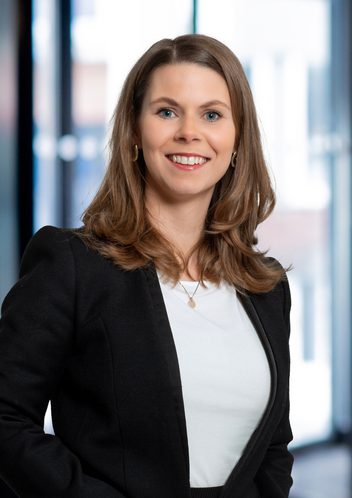
Carina Raa
Senior Lawyer
Oslo
Newsletter
by Carina Raa and Cecilie Amdahl
Published:
The Tax Appeal Board has in a decision dated 14 June 2023 (SKNS1-2023-36) concluded that a sole proprietorship could not be converted to a private limited company without tax implications, based upon an opinion that the sole proprietorship did not carry out a business.
A sole proprietorship can be converted to a limited company if it carries out a business (Nw: "Virksomhet"), cf. Section 11-20 of the Tax Act, cf. Sections 11-20-1 and 11-20-2 of FSFIN. A business is characterised as an activity that aims to have a certain scope and duration, is suitable for generating profits and is operated at the taxpayer's own account and risk. Rental of real estate is, as a main rule, passive investment of capital, unless the rental is of such a scale that it exceeds passive investment of capital and becomes a business.
Whether rental of real estate shall be considered to constitute a business, shall be based on an overall assessment. According to administrative practice, rental of 500 square meters or more for commercial premises or rental of five housing units or more shall as a main rule be considered to form a business, cf. the Tax-ABC.
The sole proprietorship in this case was renting out a building of more than 10,000 square meters, consisting of 88 apartments, 516 square meters of commercial premises and 50 parking lots. The only lessee was a limited liability company. The individual apartments and commercial premises were therefore rented out by the limited liability company. The lease agreement between the sole proprietorship and the private limited company regulated that the lessee was responsible for all internal and external maintenance, replacements, repair of damage etc.
The Tax Appeals Board considered the rule in the Tax-ABC to reflect only a starting point for the assessment, and that such rule does not apply when the level of activity performed by the taxpayer was far below what had to be considered normal for a property of this size, especially when the lessee was responsible for large parts of the activity and the operation. Therefore, the Tax Appeals Board concluded that the activity in the sole proprietorship was not sufficient to constitute a business, and as a result, a tax-free conversion could not be carried out.
The taxpayer, through his sole proprietorship, had for many years treated the rental as a business for tax purposes. Hence, income from the rental had wrongfully been subject to high business tax rates. As a result of the decision from the Tax Appeal Board, the rental income will be taxed as capital income with a tax rate of 22% going forward. If the taxpayer is to sell the property, the taxation of the gain will be taxed as capital income with a tax rate of 22%, as opposed to an effective marginal tax rate of 50.6% if sold by the sole proprietorship, assuming its activities had been considered to constitute a business. If the money from a realisation had been distributed from a private limited company to the owner, the total effective marginal tax rate of the gain and dividend tax would amount to 51.5%.
